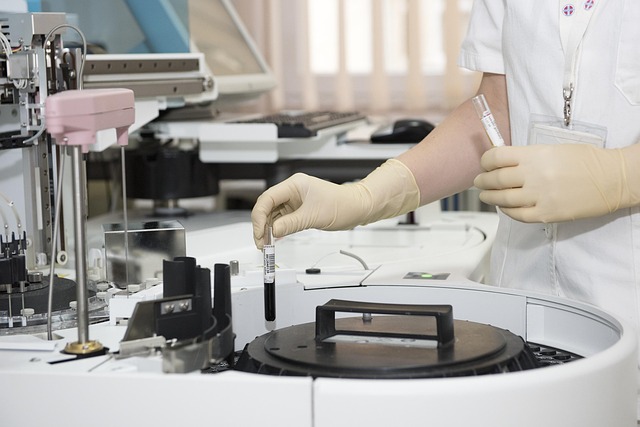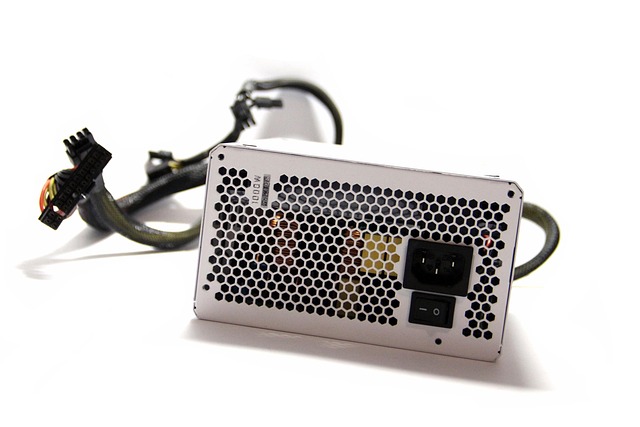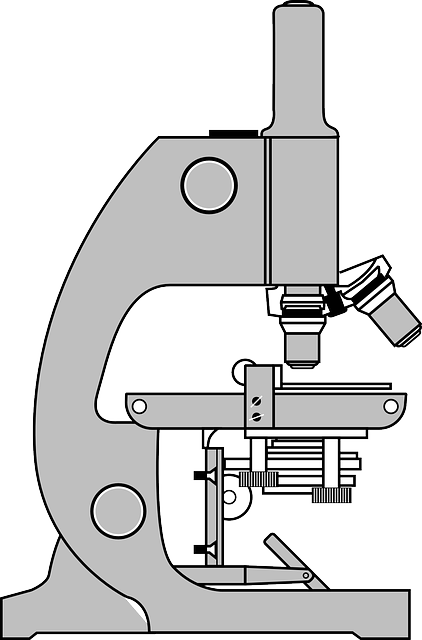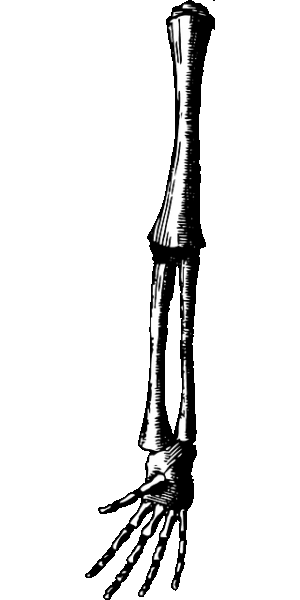Translation services catering to the UK medical field must navigate stringent regulations regarding patient confidentiality and data protection, especially in case studies. Key requirements include obtaining consent, anonymization, encryption, adherence to NHS standards, and research ethics frameworks. Professional translators, fluent in both source and target languages, employ advanced tools, quality assurance processes, and native medical terminologists to ensure precise, culturally sensitive, and compliant translations. Reputable providers stay updated with MHRA guidelines and best practices to deliver high-quality, accurate case study translations for clinical decision-making and global research sharing.
Are your case studies UK-compliant with translation? In today’s global healthcare landscape, ensuring precise and accurate translations of medical case studies is paramount. This comprehensive guide explores the intricacies of UK medical case study regulations and how professional translation services play a vital role in navigating these requirements. From understanding regulatory demands to overcoming common challenges, we delve into best practices for high-quality translation and the importance of native speaker reviewers. Discover the legal implications of non-compliant studies and learn about technological advancements revolutionizing this field.
- Understanding UK Medical Case Study Regulations
- The Role of Professional Translation Services
- Ensuring Accuracy and Compliance in Translations
- Common Challenges in Translating Medical Documentation
- Best Practices for High-Quality Medical Translation
- Selecting the Right Language Service Provider
- Importance of Native Speaker Reviewers
- Legal Implications of Non-Compliant Case Studies
- Technological Advancements in Medical Translation
- Case Study: Successful UK-Compliance through Expert Translation
Understanding UK Medical Case Study Regulations

The UK has specific regulations when it comes to medical case studies, particularly regarding patient confidentiality and data protection. These rules are in place to safeguard sensitive information and ensure ethical conduct in research. When preparing case studies for a UK audience, understanding and adhering to these guidelines is essential. Translation services for UK Medical Case Studies must be well-versed in this legal framework to maintain compliance.
One key aspect is the need for accurate and complete translation of patient data while respecting privacy. This includes obtaining necessary consents and anonymizing or encrypting personal details to prevent any potential breach of data protection laws. Translation professionals should also be familiar with the UK’s National Health Service (NHS) guidelines and research ethics frameworks to ensure compliance throughout the case study creation process.
The Role of Professional Translation Services

When it comes to UK medical case studies, precision and accuracy are paramount. Professional translation services play a crucial role in ensuring that these vital documents meet the stringent requirements of the UK healthcare sector. With language barriers being a significant challenge in global healthcare, top-tier translation companies offer specialized medical translation services tailored to maintain the integrity of critical information.
These professional services employ experienced translators who are not only fluent in both source and target languages but also possess deep knowledge of medical terminology. They go beyond simple word-for-word translation, meticulously adapting the content to reflect cultural nuances and local clinical practices. This is especially important for case studies, which often contain complex medical concepts and detailed patient narratives that demand meticulous handling. By leveraging advanced tools and strict quality assurance processes, translation services ensure UK medical case studies are not only linguistically accurate but also compliant with regulatory standards.
Ensuring Accuracy and Compliance in Translations

Ensuring accuracy and compliance are paramount when translating UK medical case studies, especially in a highly regulated healthcare sector. Professional translation services tailored for this domain employ native speakers with expertise in medical terminology to deliver precise and culturally sensitive interpretations. These services go beyond simple word-for-word translations, focusing on preserving the meaning, context, and regulatory adherence of the original document.
Translation accuracy involves rigorous quality assurance processes, including proofreading, editing, and peer review, to eliminate any linguistic or conceptual errors. Compliance with UK regulations, such as those set by the Medicines and Healthcare products Regulatory Agency (MHRA), is crucial for ensuring that translated case studies maintain their validity and integrity. Reputable translation providers stay abreast of these guidelines, incorporating them into their workflows to guarantee compliance in every delivery.
Common Challenges in Translating Medical Documentation

When translating medical case studies intended for a UK audience, several unique challenges come into play. These documents often require precise and accurate language to convey critical information about patient conditions, treatments, and outcomes. Any errors or ambiguities can have significant implications, affecting both clinical decision-making and legal compliance.
One of the primary hurdles is ensuring that medical terminology is not only accurately translated but also culturally adapted for UK healthcare contexts. Additionally, maintaining the integrity of data presentation and formatting is crucial, as inconsistent or missing information can impact the study’s overall validity. Moreover, adherence to UK-specific regulatory requirements and guidelines, such as those set by the Medicines and Healthcare products Regulatory Agency (MHRA), is essential to ensure compliance with local laws and standards. Translation services for UK medical case studies must be adept at navigating these complexities to deliver high-quality, reliable documents.
Best Practices for High-Quality Medical Translation

When it comes to translation services for UK medical case studies, high-quality is non-negotiable. Best practices ensure accuracy, consistency, and cultural appropriateness. Start with thorough research into the target audience and healthcare context within the UK. Only qualified, experienced translators who specialize in medicine should handle such sensitive material.
Next, comprehensive quality assurance processes are essential. This includes proofreading, editing, and desk review by subject-matter experts to verify medical terminology, syntax, and regulatory compliance. Remember, translation is more than just words; it’s about conveying complex medical information accurately, ensuring patient safety, and upholding ethical standards in healthcare communications.
Selecting the Right Language Service Provider

Selecting a reliable language service provider (LSP) is paramount when ensuring your UK medical case studies are accurately and compliant translated. In the highly regulated healthcare sector, precision in translation is non-negotiable, as it directly impacts patient safety and clinical research integrity. Therefore, look for providers with expertise in medical terminology and an understanding of UK regulatory frameworks, such as the MHRA (Medicines and Healthcare products Regulatory Agency).
When choosing an LSP, verify their qualifications, experience, and native speaker translators. They should also have robust quality assurance processes in place to catch any errors or nuances lost in translation. Reputable providers will offer transparency throughout the project, keeping you informed about progress, potential challenges, and ensuring your case studies remain UK-compliant.
Importance of Native Speaker Reviewers

When it comes to translating UK medical case studies, ensuring accuracy and compliance is paramount. One critical aspect often overlooked is the role of native speaker reviewers. These individuals possess a deep understanding of both the source and target languages, as well as cultural nuances, which are essential for maintaining the integrity of medical content. Native speakers can identify not just grammatical errors but also subtle differences in terminology and expression that might impact the study’s meaning and clarity.
In the context of translation services for UK Medical Case Studies, native speaker reviewers serve as a quality control measure, guaranteeing that the translated text is not only linguistically sound but also culturally appropriate. Their expertise helps to avoid potential pitfalls, such as incorrect medical jargon or misunderstandings, which could compromise the study’s validity and reliability.
Legal Implications of Non-Compliant Case Studies

Technological Advancements in Medical Translation

The field of medical translation has witnessed a remarkable evolution due to technological advancements, which have significantly enhanced the accuracy and efficiency of case study interpretations. With the increasing globalisation of healthcare, UK-based medical professionals now require seamless access to international research and patient records. Translation services for UK medical case studies have adapted to meet these demands, leveraging advanced tools and techniques to ensure precise and culturally sensitive translations.
Automated translation software, for instance, has become a game-changer, offering rapid initial drafts that human translators can then refine. These technologies employ machine learning algorithms to improve their accuracy over time, taking into account medical jargon, terminology, and context. Moreover, AI-powered tools facilitate post-editing processes, enabling translators to focus on nuances, idiomatic expressions, and localising content for UK audiences. This blend of automation and human expertise ensures that case studies are not only accurately translated but also tailored to meet the specific requirements of the UK healthcare sector.
Case Study: Successful UK-Compliance through Expert Translation

In today’s global healthcare landscape, UK-compliant case studies are essential for medical professionals and researchers aiming to share their work on an international platform. Ensuring that these case studies adhere to local regulations is crucial, especially when translating them into other languages. This is where expert translation services play a pivotal role.
By leveraging the expertise of professional translators familiar with UK medical terminology and guidelines, institutions can guarantee accurate and compliant translations. These specialists navigate complex regulatory environments, ensuring that cultural nuances and legal requirements are considered. As a result, case studies not only maintain their integrity but also effectively communicate research findings to an international audience, fostering collaboration and knowledge-sharing within the global medical community. Moreover, translation services for UK medical case studies enable researchers to reach a broader scope of readers, enhancing the impact and visibility of their work.
In ensuring the integrity and accuracy of UK medical case studies, adherence to local regulations and leveraging professional translation services are paramount. By combining rigorous quality assurance processes with native speaker review, organizations can navigate the complexities of medical documentation translation. Selecting a reputable language service provider equipped with cutting-edge technology is essential for achieving compliance and preserving the scientific value of case studies. Ultimately, proper translation enhances global accessibility while mitigating legal risks associated with non-compliant documents.
